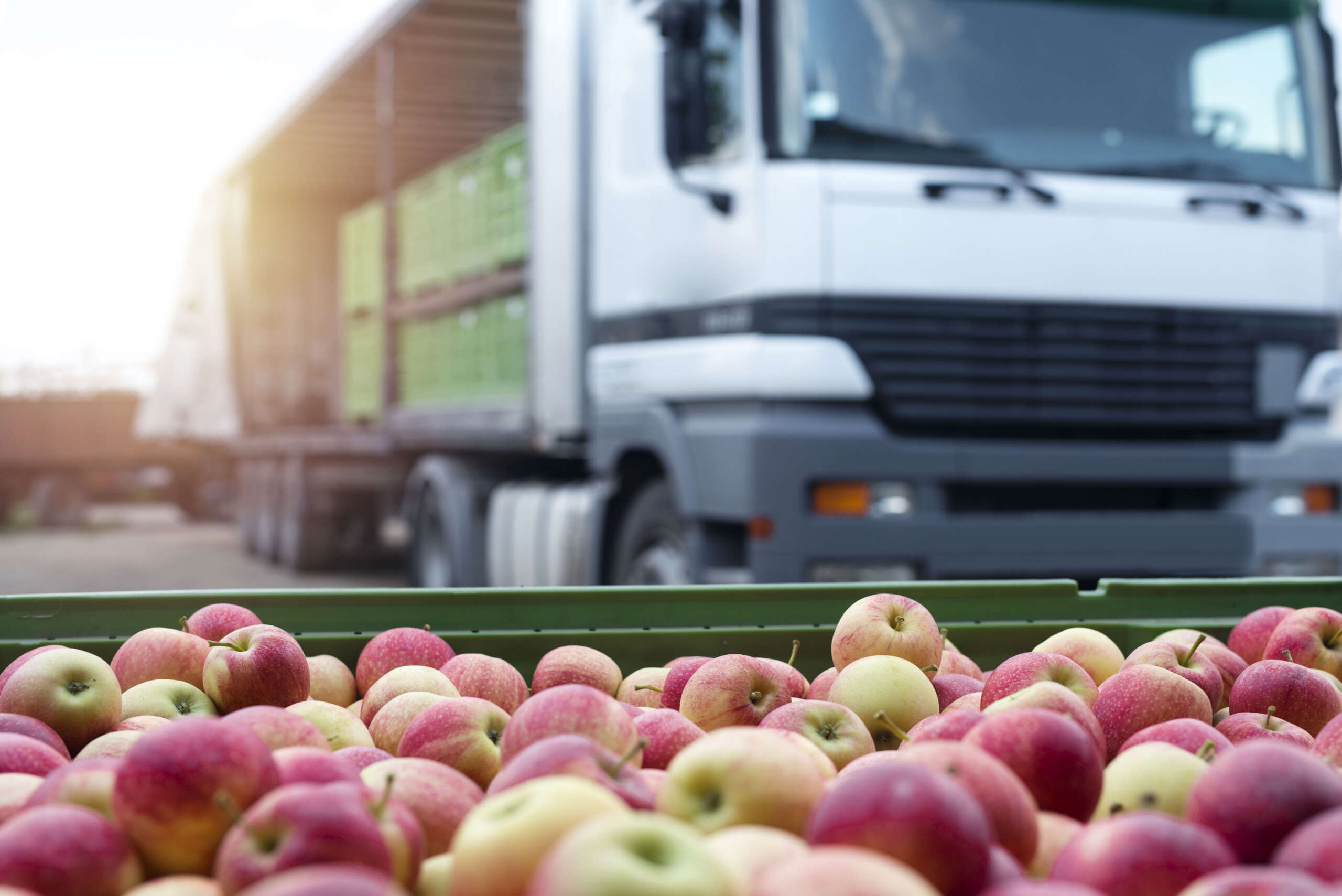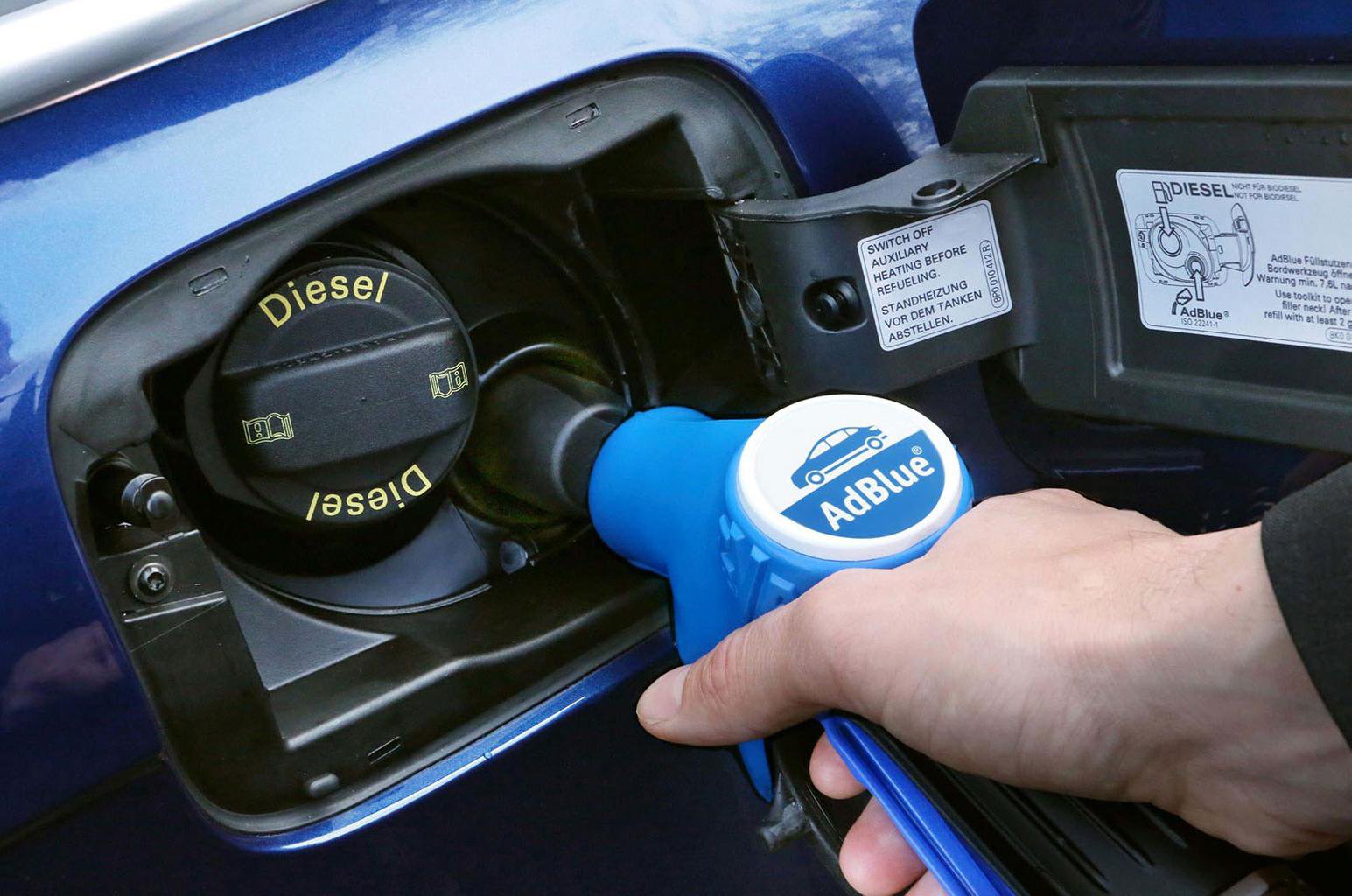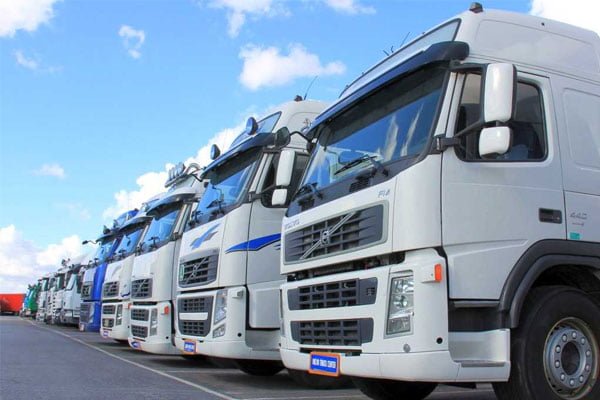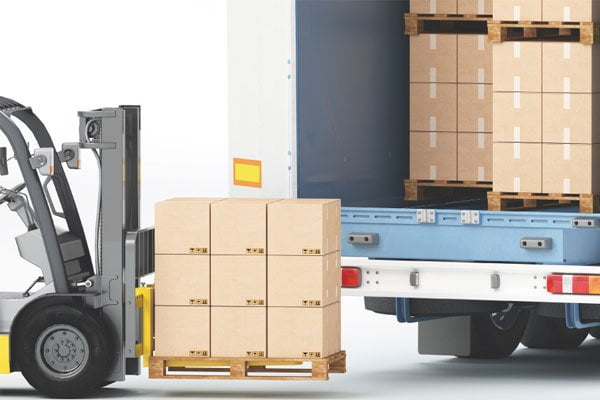Transporting food requires a lot of care; it is necessary to prevent food and beverages from spoiling or contamination between the different types of products being transported.
It must be clear that food handling must be done safely by complying with control and prevention measures, so transport personnel must have the right training.
The company is responsible for constantly raising awareness among employees so that they know how to identify any signs of noncompliance and implement the necessary actions.
All means of transporting packaged foods are required to have Haccp certification, an acronym for Hazard Analysis and Critical Control Points, which is essential to protect the hygienic conditions of products.
The ‘ haccp food transportation is something extremely important and fundamental, but what is it? It is a food self-control system that ensures that the transporter who is in charge of transporting the products, knows the hygiene and health regulations necessary for food safety.
Regulations covering all stages of production, handling, distribution and serving of food and beverages.
Reg.852/04/EC and Reg.178/02/EC says that those working in the food industry must know how to detect and prevent any biological, microbiological, chemical and physical hazards that may affect food.
In addition, to haccp food hygiene and safety regulations, it must follow some specific ones that prevent harm to human health.
Haccp and food transportation rules
Regardinghaccp and food safety, the regulations refer to the handling and sale of products.
Food transportation regulations are very clear in this regard:
- Vehicle cargo compartments and haccp food transport containers must be cleaned regularly and must not be used to transport other materials other than food. In addition, suitable temperatures must always be maintained according to the type of products.
- For vehicles and containers also used for transporting different goods, care must be taken to make proper separation of products. In addition, they must be thoroughly cleaned between loads to avoid contamination.
- Liquid, granular or powdered bulk foodstuffs shall be transported in containers reserved exclusively for the transport of foodstuffs, marking them clearly and indelibly.
- All food products inside vehicles and containers should be placed and protected so as to avoid any kind of contamination.
Food self-control plan and Hacpp manual food transportation
Operators who are involved in the food supply chain are required by law to monitor the work and make hacpp manual sheets food transportation.
Production sector or distribution sector, all enterprises must have a self-inspection plan so as to verify food safety and hygiene.
Food self-control plan sheets should have data describing the company and the activity carried out, registered office and company name; the Haccp working group, roles and activities of employees; clear rules of all processes and legal risks to food; and description of products used.
The Haccp manual must be used by all food transport businesses, is mandatory in Italy and abroad, even for third-party transport, and must be present inside the truck at all times.
It is essential to ensure food safety and prevent risks of all kinds. Drafting the Haccp manual can only be done after taking a certified training course (European Directive 2005/36/EC). All possible hazards and the measures that are taken to avoid them should be noted in the manual.
In addition, the Haccp certificate is also mandatory for haulers who are engaged in loading, unloading and transporting packaged food. In addition, you must always ensure the cold chain, , especially over long distances.








